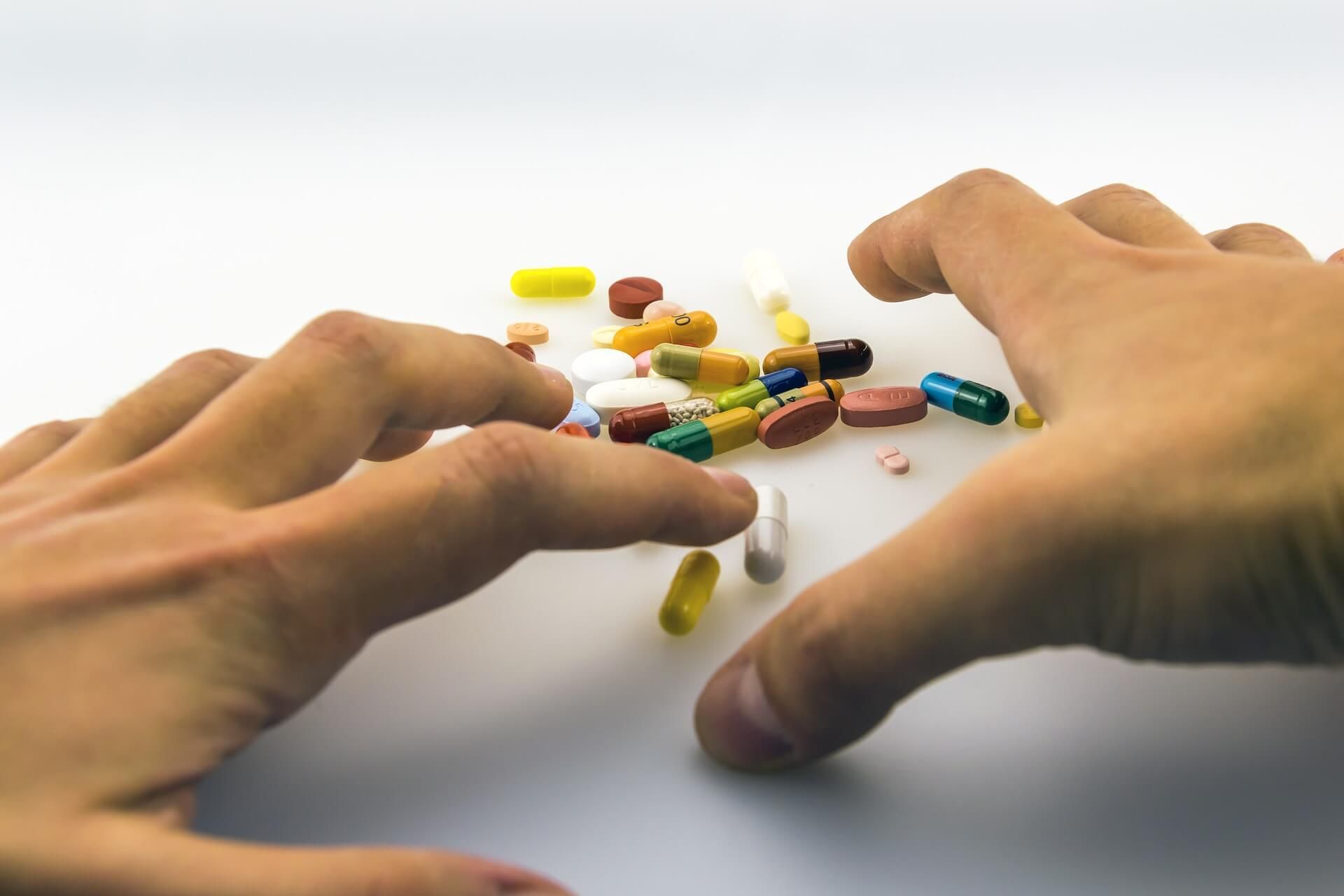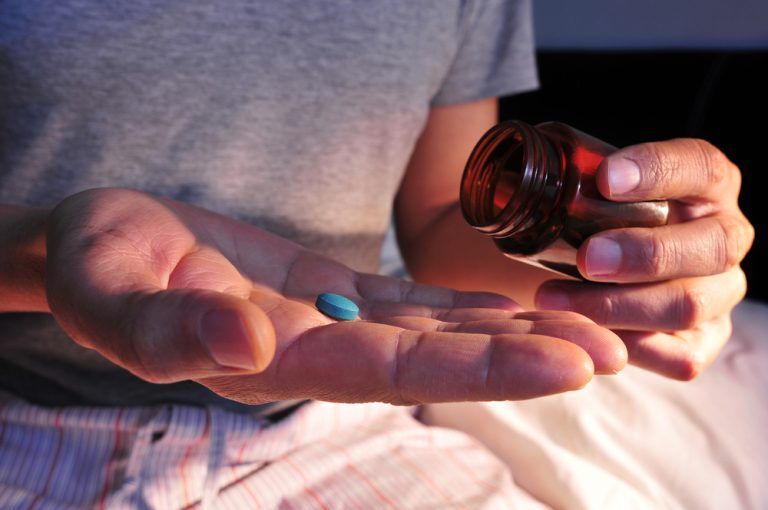Drugs and mental health
Advance Minds Blog
A safe space to explore subjects within the community such as mental health, substance abuse and personal identity.
Our safe space also provides the opportunity for real individuals to express their hardships and success through writing.
Drugs and mental health, is there a connection?

The Connection Between Drug Use and Mental Health: Understanding the Impact
The relationship between drug use and mental health is complex and deeply intertwined.
Substance abuse can exacerbate existing mental health conditions or even trigger new ones, while people struggling with mental health disorders are more vulnerable to turning to drugs as a form of self-medication.
Recognizing and addressing the connection between drug use and mental health is critical for recovery and overall well-being. In this article, we’ll explore the various ways substance abuse and mental health disorders affect each other, along with steps for managing both effectively.
1. How Drug Use Affects Mental Health
- Changes brain chemistry: Drugs like cocaine, heroin, methamphetamine, and alcohol alter brain function by affecting neurotransmitters that regulate mood, leading to long-term mental health issues such as anxiety, depression, or paranoia.
- Increases risk of mental health disorders: Drug use has been linked to an increased risk of developing conditions like depression, anxiety disorders, schizophrenia, and psychosis, particularly in individuals predisposed to these conditions.
- Exacerbates existing mental health conditions: For individuals already struggling with mental health disorders, drug use can worsen symptoms, make treatment less effective, and hinder overall recovery.
2. Mental Health Disorders Leading to Drug Use
- Self-medication: Individuals suffering from mental health conditions such as anxiety, depression, or post-traumatic stress disorder (PTSD) may turn to drugs or alcohol to cope with their emotional pain or symptoms.
- Increased vulnerability to addiction: Mental health disorders often impair a person’s ability to cope with stress and emotional distress, making them more susceptible to using substances to find temporary relief.
- Cycles of addiction and mental illness: The relationship between drug use and mental health disorders often creates a cycle, where substance use worsens mental health symptoms, leading to more drug use in an attempt to alleviate the increasing emotional distress.
3. Common Mental Health Disorders Linked to Drug Use
- Depression and drug use: Substance abuse is common among individuals with depression, as drugs may temporarily numb emotional pain but ultimately deepen feelings of hopelessness and despair.
- Anxiety and alcohol or drug abuse: People with anxiety disorders may misuse alcohol, benzodiazepines, or other substances to calm their nerves, leading to dependence and worsening anxiety.
- Bipolar disorder and substance abuse: Individuals with bipolar disorder often experience extreme mood swings, and many turn to drugs or alcohol to manage the intensity of their manic or depressive episodes.
- Schizophrenia and psychosis: Certain drugs, particularly stimulants like meth or hallucinogens, can trigger psychosis, worsening symptoms for individuals predisposed to schizophrenia or similar conditions.
4. The Impact of Drug Use on Emotional and Cognitive Functioning
- Memory impairment: Long-term drug use can lead to significant cognitive decline, including problems with memory, concentration, and decision-making, further complicating mental health recovery.
- Emotional instability: Drug addiction can cause intense mood swings, irritability, and emotional numbness, making it difficult for individuals to manage their emotions healthily.
- Impaired judgment: The altered brain chemistry caused by substance abuse can impair decision-making skills, leading to risky behaviors that can further harm mental and physical health.
5. Co-Occurring Disorders: Dual Diagnosis
- Understanding dual diagnosis: A dual diagnosis occurs when someone is diagnosed with both a substance use disorder and a mental health disorder. Both conditions must be treated simultaneously for effective recovery.
- Challenges of dual diagnosis treatment: Individuals with a dual diagnosis often face more significant challenges in recovery, as substance abuse can interfere with mental health treatment, and untreated mental illness can fuel addiction.
6. Recognizing the Warning Signs of Substance Abuse and Mental Health Issues
- Behavioral changes: Sudden mood swings, withdrawal from social activities, irritability, or drastic changes in sleeping or eating patterns can indicate drug use or mental health struggles.
- Physical symptoms: Substance abuse often causes physical signs such as bloodshot eyes, unexplained weight loss or gain, poor hygiene, and frequent illness.
- Emotional signs: Feelings of hopelessness, anxiety, paranoia, or delusions may signal a deeper mental health issue that could be linked to drug use.
7. Treatment for Co-Occurring Drug Use and Mental Health Disorders
- Integrated treatment approach: Treating drug use and mental health simultaneously through a combination of medication, therapy, and behavioral interventions is crucial for long-term recovery.
- Therapy for addiction and mental health: Cognitive-behavioral therapy (CBT), dialectical behavior therapy (DBT), and trauma-focused therapies can help individuals understand the connection between their mental health and substance use.
- Medication-assisted treatment (MAT): For some individuals, medication may be necessary to manage mental health symptoms and reduce cravings during recovery.
8. The Role of Support Systems in Recovery
- Family and social support: Having a strong support network of family and friends who understand the dual nature of addiction and mental health disorders is essential for long-term recovery.
- Peer support groups: Groups like Alcoholics Anonymous (AA) and Narcotics Anonymous (NA) offer peer support, while mental health-focused groups provide a space for individuals to connect with others facing similar struggles.
9. Self-Care Strategies for Managing Mental Health and Substance Abuse
- Healthy coping mechanisms: Replace harmful coping strategies like drug use with healthier options such as exercise, mindfulness, journaling, or creative hobbies.
- Prioritize mental wellness: Regularly check in with mental health professionals, take prescribed medications, and actively engage in therapy or support groups to maintain mental well-being.
- Stay active and connected: Physical activity, a balanced diet, and maintaining social connections can positively impact both mental health and recovery from substance abuse.
10. Breaking the Stigma Around Drug Use and Mental Health
- Educate yourself and others: Breaking the stigma starts with understanding that addiction and mental health disorders are medical conditions, not moral failures.
- Seek help without shame: Encourage those suffering from both addiction and mental illness to seek help early, and remind them that recovery is possible with the right treatment and support.
Final Thoughts:
The connection between drug use and mental health is clear: both conditions can fuel one another in a damaging cycle.
Understanding the impact of drug abuse on mental health—and vice versa—is essential for identifying warning signs, seeking appropriate treatment, and promoting long-term recovery. With the right support and treatment plan, individuals facing both challenges can find healing, stability, and a path toward better mental and emotional well-being.
By incorporating integrated care, self-care strategies, and a supportive network, recovery from the dual burden of substance abuse and mental health disorders is achievable.
















